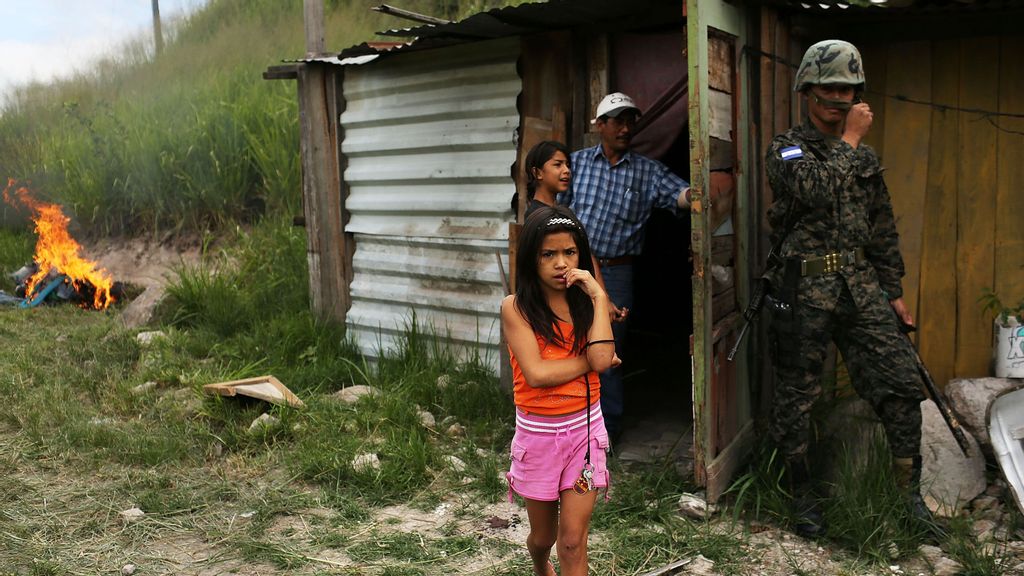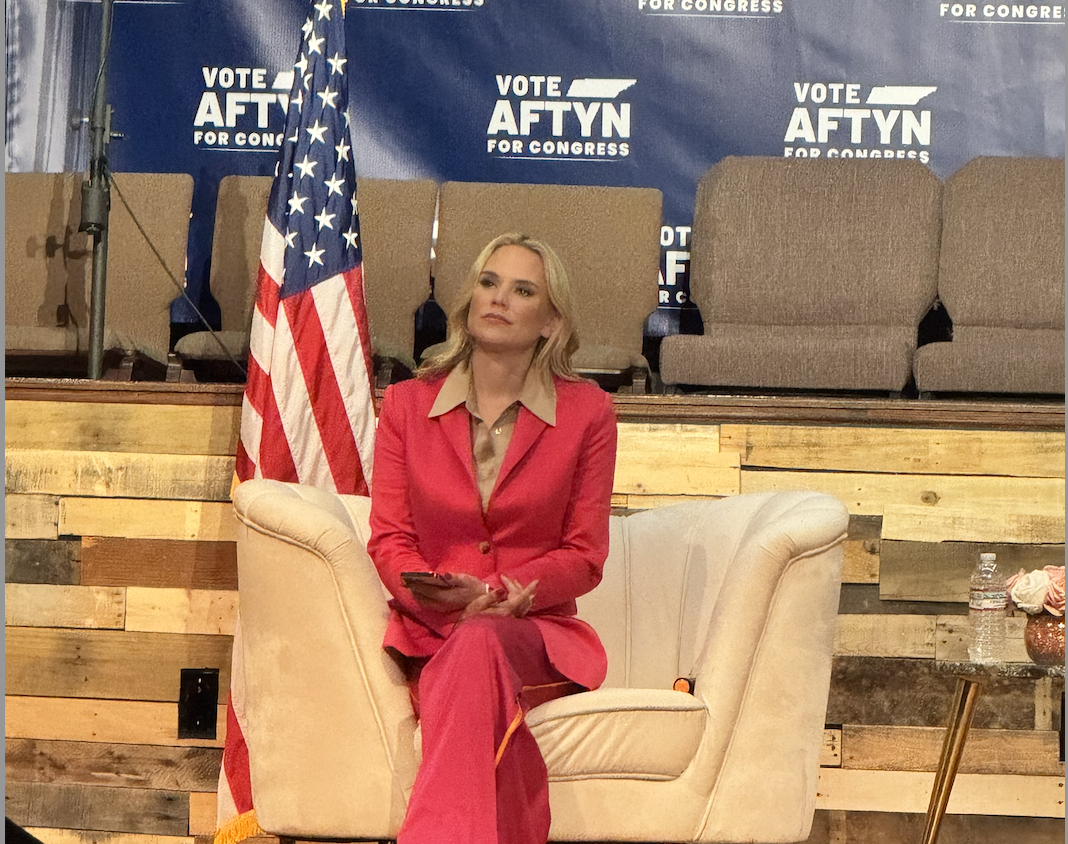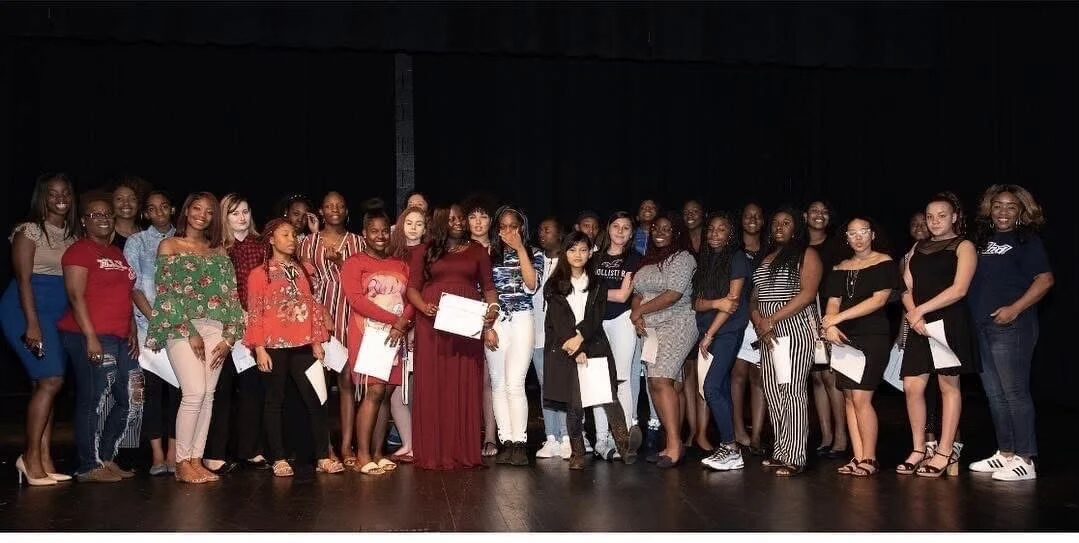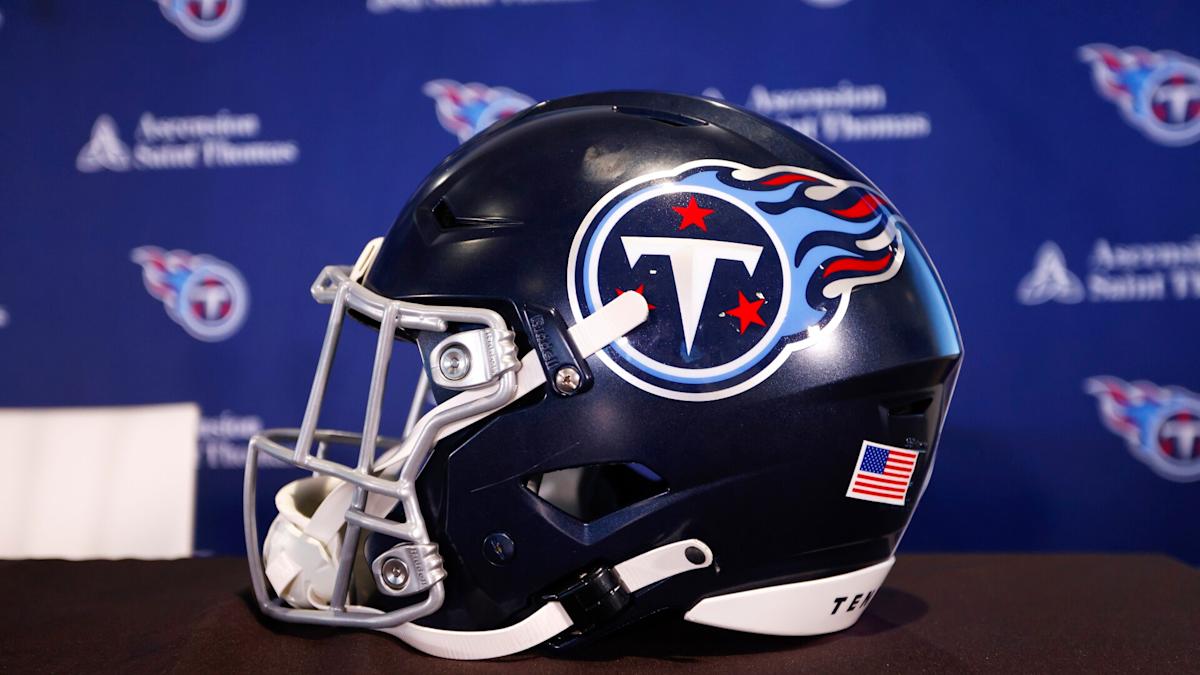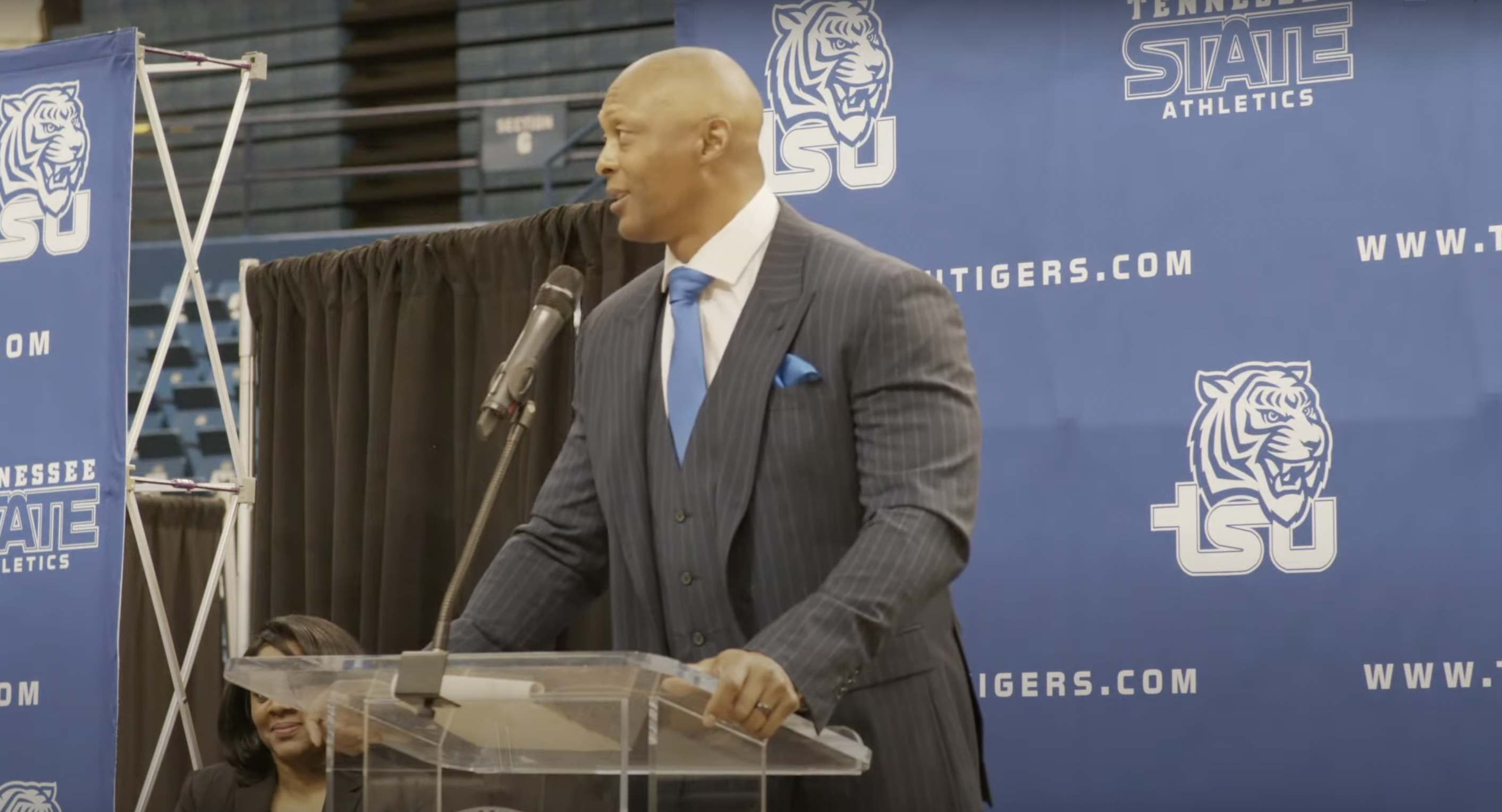By Peter Schurmann and Manuel Ortiz
Hondurans will cast their vote for the Central American nation’s next president on Nov. 28. The election comes amid violence and socioeconomic conditions that rank as among the lowest in the Western Hemisphere, alongside Haiti.
For many, Honduras warrants the status of a failed state. Yet, there are those here who believe the coming elections offer the best — and perhaps last — chance for change.
“These elections are an opportunity to recover the democratic process and to confront the multiple crises impacting the country,” said Gustavo Irias, executive director of the Center for Democracy Studies (CESPAD), a nonprofit that advocates on behalf of Honduras’ marginalized communities. “This is a chance for Honduras to recover its sense as a nation.”
That sense of nationhood was shattered in 2009, when the Honduran military ousted former president Manuel Zelaya. Since then, Honduras has remained under the control of the National Party, currently led by President Juan Orlando Hernández, now finishing his second term under a cloud of suspicion, given his potential links to drug traffickers.
The candidates seeking to replace him include National Party favorite and current Tegucigalpa Mayor Nasry Asfura, or “Papi” as he is known, and the Libre Party’s Xiomara Castro, wife of ousted former president Zelaya. She has promised to curb the excesses of the free-market policies embraced by her opponent and is forging closer ties to China.
On Twitter, President Hernández said when his administration began, there was no social justice, and those most in need were not helped. He claims he created something comprehensive and sustainable and that Honduras is no longer neglected.
Cuando inicié mi Gobierno, NO existía la justicia social y NO se atendía a los que más necesitan, así que diseñamos algo integral y sostenible Vida Mejor.
???????? ????????́???? ???????????????????????????????? ????????????????????????????????. pic.twitter.com/SIOyfknKD3
— Juan Orlando H. (@JuanOrlandoH) November 8, 2021
Yet, violence, corruption and poverty are endemic here. As of 2019, 15 percent of Hondurans live on less than $2 per day, conditions likely worsened by COVID-19 and the impact of hurricanes Eta and Iota last year. Projections are more than half the country fell below the poverty line in 2020, according to the World Bank.
Such conditions are fueling an exodus of migrants from the country, with data from this year showing 168,546 separate reports of Hondurans detained by immigration officials in the United States and Mexico, according to a June report from the Migration Policy Institute. The report noted one-in-five Hondurans express a desire to leave the country, with reasons ranging from food insecurity to fear of assault and unemployment.
For some in the capital, the coming elections offer little hope for improvement.
“Nothing is going to change,” said Victor Manuel Mayorga, a public employee who says he has not been able to retire because the government stole the state’s pension funds. At 79, Mayorga is part of a tiny minority of senior citizens in a country where the median age is just 24. Many young people have died in the violence of the last four decades.
Sitting in the city’s central plaza talking soccer with friends, he notes the lack of education and health care, and accuses officials of all political stripes of abandoning the country. “I believe in democracy, but in Honduras it is broken. It’s been broken since the coup.”

However, not everyone despairs.
César Nahún Aquino, 44, is an auto mechanic from the town of Yoritos, about 125 miles north of Tegucigalpa. The town made headlines two years ago when residents successfully banded together to eject a mining company that had attempted to set up operations in the region.
A member of the Tolupán indigenous community, he ran a transportation company in San Pedro Sula before the COVID-19 pandemic, which he says eviscerated his business. Now he is back in his hometown, a largely agricultural region known for coffee, avocados and cattle ranching.
“We’re asking for the basics, to get rid of corrupt elections, transparency and reactivate the local economy, so it benefits people in the community,” said Aquino, a supporter of local mayoral candidate Freddy Murio.
Murio is a formerly undocumented migrant who spent 12 years working construction in New York before returning to his hometown two years ago.
“We have to start with our municipality before we can begin to change the country,” Aquino said.
Back in the capital, officials acknowledge no single election will solve the challenges confronting Honduras. They say it is important to protect the integrity of the vote and secure the democratic process. Both are key to repairing the ongoing damage caused by the coup in 2009.
“The only opportunity for the country to build a democratic foundation is through the coming elections,” said Rixi Moncada, a lawyer and part of a three-person rotating chair with the newly created National Electoral Council, or CNE as it’s known by its Spanish acronym.
The CNE, responsible for delivering the final vote tally once the polls close, was created following widespread irregularities and violence that marked elections in 2017. Along with the National Registry of Persons and the Clean Politics Unit — tasked with monitoring campaign finance in a nation where drug money and politics are inextricably intertwined — these three institutions are responsible for ensuring election integrity.
Moncada, a former member of the Zelaya administration, admits it is no easy task.
“No one is prepared for the criminality,” she says, referring to the ongoing political violence she sees as an extension of the 2009 coup, including the recent murder of Nery Reyes, mayoral candidate and member of the opposition Libre Party, who was killed in October. No one has been arrested for the murder.
“We are prepared for the process,” she said.
The story Honduras Elections A Test for Democracy In a Failed State is published in collaboration with Ethnic Media Services.
Edited by Melanie Slone and Fern Siegel
The post Elections In Honduras Are A Test For Democracy In A Hard-Hit Nation appeared first on Zenger News.

